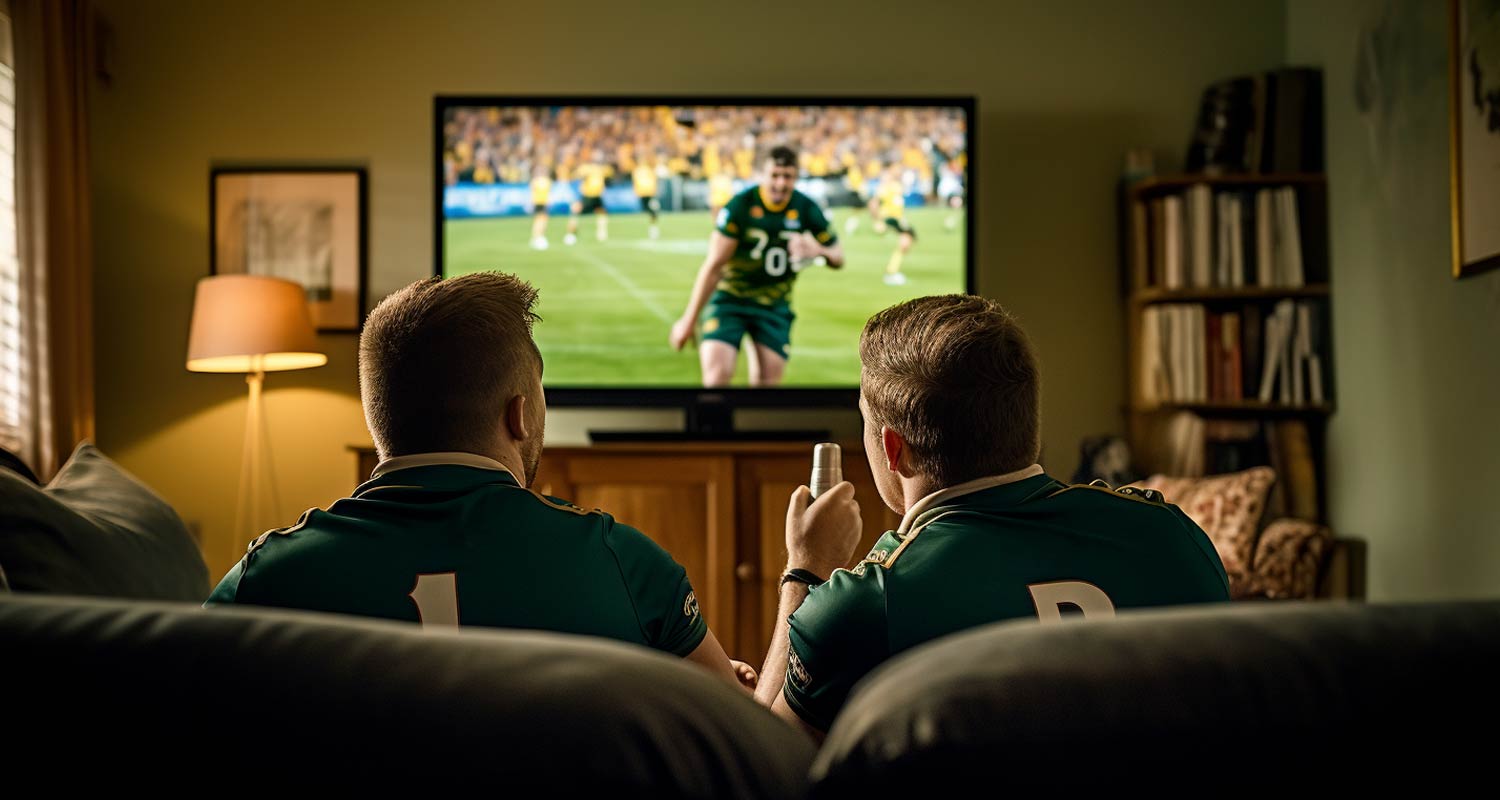 A high-stakes legal clash between eMedia Holdings and rival MultiChoice Group over sublicensing rights for the Rugby World Cup is playing itself out in the high court in Johannesburg on Tuesday.
A high-stakes legal clash between eMedia Holdings and rival MultiChoice Group over sublicensing rights for the Rugby World Cup is playing itself out in the high court in Johannesburg on Tuesday.
eMedia has taken the pay-television broadcaster, which owns SuperSport, to court, accusing it of forcing a deal on the SABC that excludes eMedia’s Openview platform. The SABC channels are carried on Openview, but the public broadcaster’s sublicensing agreement with MultiChoice specifically prohibits World Cup games from being shown on the eMedia platform.
Last month, when details of the sublicensing agreement emerged, eMedia threatened legal action against the pay-TV broadcaster. It also took out full-page Sunday newspaper advertisements in which it lampooned MultiChoice over its alleged anticompetitive behaviour in the matter.
The threat came even though eMedia wasn’t party to the discussions.
eMedia first threatened court action in an open letter to MultiChoice on 8 September, in which it copied sports minister Zizi Kodwa, communications minister Mondli Gungubele, trade, industry & competition minister Ebrahim Patel and Competition Commission head Doris Tshepe.
In the open letter, it charged that 3.2 million “digitally migrated South African households will be deprived of viewing the Rugby World Cup on Openview” as a result of the terms of the sublicensing agreement.
“The irrational decision further undermines the national imperative of digital migration. It means that millions of SABC viewers are unjustly and unjustifiably being precluded from watching the Rugby World Cup, because of the conduct of MultiChoice in restricting the ability of the SABC to reach its viewers.”
MultiChoice vs eMedia
But MultiChoice is having none of it. In its answering affidavit to the high court, the group states that the applicants were wrong to assume that it was only because of MultiChoice’s “allegedly dominant position that it was able to secure the broadcast rights to the Rugby World Cup 2023. The opportunity to acquire those rights was open and available to all,” it said.
“A broadcaster having a genuine interest in broadcasting valuable rights would plan well in advance of the events in question and seek, on a commercial basis, to acquire those rights on a licensing or sublicensing basis. These are steps that eMedia has simply failed to take,” said the affidavit, written by MultiChoice South Africa CEO Marc Jury. “No one in South Africa would be able to watch the 2023 Rugby World Cup matches live but for the actions of SuperSport.
“SuperSport has therefore facilitated, rather than undermined or infringed on the public’s ability to view these matches and has done so by paying significantly for the licence to broadcast the matches live.
“The SABC (a public broadcaster) has itself spent money to acquire the sublicensed Rugby World Cup matches. This stands in stark contrast with eMedia (a commercial broadcaster), which seeks to transmit those matches on Openview for free. This is the most extreme form of free-riding as it entails not merely benefitting from a competitor’s investment, but in this case attaining that benefit without any cost, investment or competitive activity on its part at all.”

Jury said the point made by eMedia that “customers in areas where there is no analogue signal will be precluded from accessing the World Cup matches because of the restriction in the SABC sublicence” is simply not correct.
His affidavit quotes advertising figures to prove his point, and says most “South Africans watch rugby matches in public places such as bars, pubs, offices, shebeens, taverns or sports clubs where viewers who cannot access the matches via DStv or Openview participate in events of the nature described above”.
The affidavit claims the applicants failed to show SuperSport or MultiChoice acted in an anticompetitive manner and that, to the contrary, it is eMedia itself that has chosen not to participate in the competition for the rights to broadcast the World Cup.
“SuperSport has also not ‘targeted’ Openview’s exclusion from the sublicence arrangement with the SABC. All third-party owned or operated platforms are excluded. MultiChoice therefore submits that there is no basis for any of the relief sought by the applicants,” said Jury.
Read: eMedia sues MultiChoice over rugby rights
However, he said MultiChoice could decide to refund the sublicencing fees paid by the SABC for the unaired portion of the matches for which the public broadcaster purchased the rights, resulting in those millions of free-to-air viewers who would otherwise have had access to the matches being unable to watch the Springbok matches on SABC2.
“This is a most regrettable result. But it is entirely of the applicants’ own making, because they have brought an application pursued by their own narrow commercial interests without an adequate appreciation of the legal implication of the argument they present to this court.” — © 2023 NewsCentral Media




